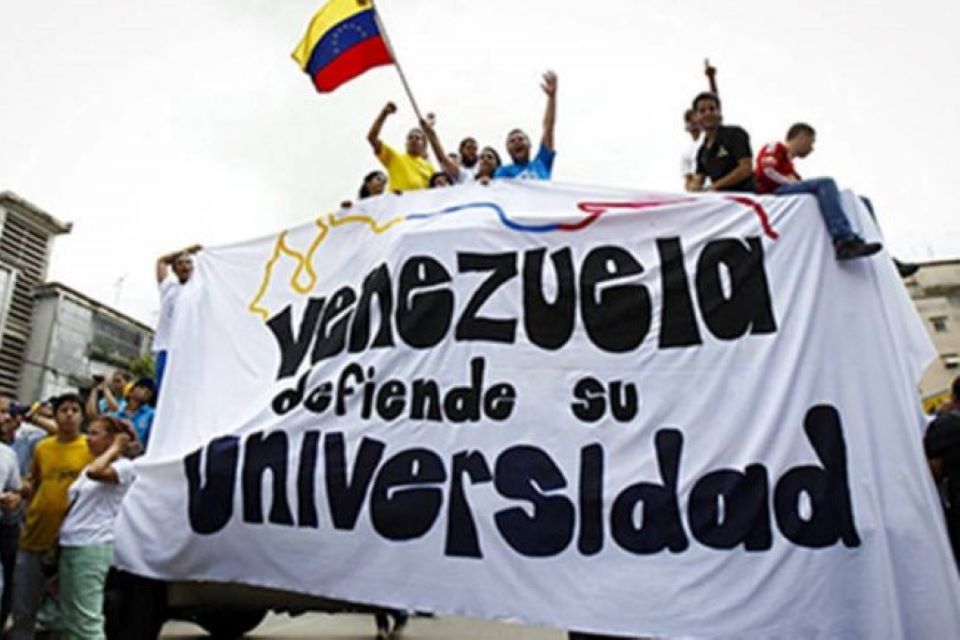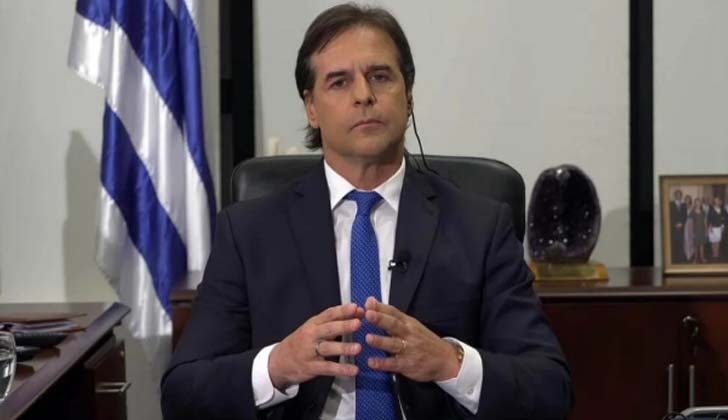Mayda Hocevar distinguishes several key problems: First, the current Organic Law on Education, passed in 2009, intervenes in university autonomy and confiscates the fundamental powers of universities
The National Alliance All for Education, an initiative of the youth participation platform “Shout with Brío”, recently held a discussion on the perspectives, challenges and threats represented by the new University Education Law, which included the participation of the speakers, Mayda Hocevar, director of the Observatory of Human Rights of the University of Los Andes (Odhula); Leonardo Carvajal, doctor of education as well as a university professor, and Karla Velazco, deputy director of projects for the NGO Aula Abierta, who highlighted the implications of this legislative project.
In this regard, the interviewees clarified that to date they do not have a draft or official document of the aforementioned legal instrument.
“But the fact that a commission has been created to prepare a Law on Universities is a firm step towards that purpose.”
They agree that a University Education Law must assess what its powers would be, in view of what is established in article 109 of the Constitution of Venezuela.
Statutes and own regulations
In any case, it would be appropriate to start from the autonomy that is enshrined in the Magna Carta as a principle, which implies that universities should not have a law that governs their rules of government and operation, but rather statutes that specify their own regulations.
In this regard, Mayda Hocevar distinguishes several key problems: First, the current Organic Law on Education, passed in 2009, intervenes in university autonomy and confiscates the fundamental powers of universities.
Secondly, the implementation of parallel study houses, which has been so pronounced that “at this moment we have between 90 and 98% of non-autonomous universities in the country.”
On the other hand, the collective agreements to regulate labor relations based on the Plan de la Patria, represent, in his opinion, another flagrant violation of university autonomy.
“We are talking about laws that undermine the university structure, as well as practices and policies that have been destroying the sector for more than 20 years and have undermined its essential foundations such as quality research, the production of knowledge, which impacts the replacement generation,” said Hocevar.
harmful practices
He revealed that from the Odhula they have identified certain harmful practices. Namely, the construction of a parallel system with proselytizing purposes to the model of the Plan de la Patria. The instrumentation of the Judiciary to intervene and control the universities. The persecution and criminalization of university students for political reasons and, last but not least, the budget suffocation that represents, in Creole terms, “a stick of pigs” for the sector, since it reduced the university to a technical strike.
He considers that such factors have had a significant impact on the research process of the different houses of study. In fact, in the report “The decline of science”, prepared in 2021, it was shown that politicization in this sector affected scientific productivity, which represented 80% of research in Venezuela.
“Bolivarian universities do not produce knowledge. The number of researchers has decreased by 89% between 2016 and 2019. The number of published scientific articles has decreased by 55% from 2011 to 2019.
Regarding scientific productivity, Venezuela went from 5th place to 10th place in the Latin American ranking.
*Also read: Women 2030 promotes the demands of Venezuelan women from the Academy
Post Views:
167








